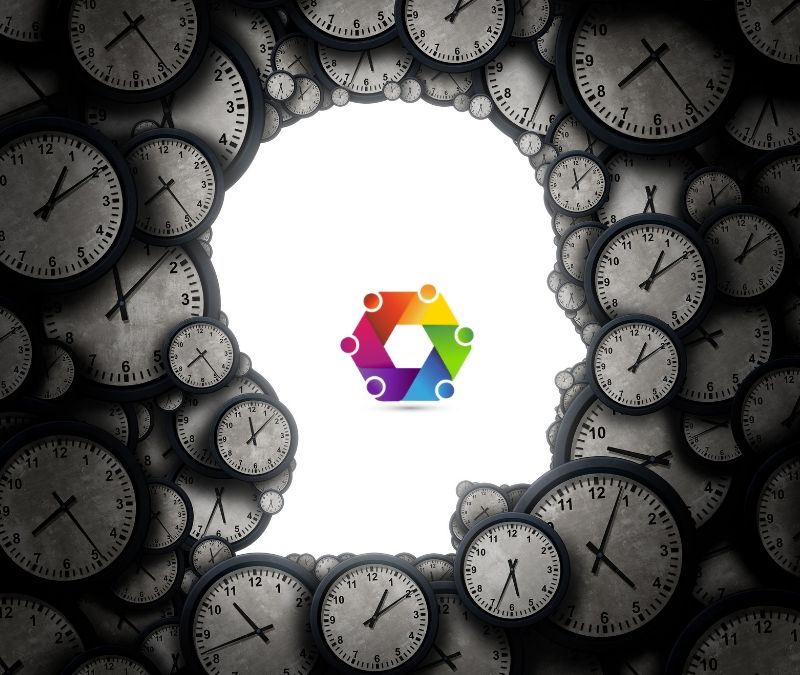Mental Health In The Workplace
What about mental health as an independent coach or consultant? It was world mental health day last week and the press pumped out the usual stats. So how do those stats relate to individuals working on their own? Probably the same, in that one in four of us, will suffer a mental health episode in their life. That’s according to the World Health Organisation and let’s face it, they should know.
The pressures are the same. Like; where are those new clients coming from, how does that new workshop product look, how do I chase those unpaid invoices, and many more. Unfortunately one of the main drivers of declining mental health is loneliness. Yet, it often gets overlooked in the rush of daily life. Meanwhile, we do our client sessions, talk to prospects, tap into our social media accounts. Sometimes that brings very little meaningful contact increasing that feeling of isolation.
Managing Mental Health
As coaches not only does our mental health matter, that of our clients is paramount. Whatever our clients’ background they are prone to the same stats. So not only are you looking out for yourself, which you should, you also have an eye on your client. Some coaches are more equipped than others if, for example, they have a therapeutic background to spot signs. Yet in our industry our remit does not cover managing a client’s mental health. Maybe we need our own protocols to decide when to disengage, another subject to discuss.
As coaches, we have an obligation to be in a reasonable state to engage with clients. If we have a bad cold or something contagious, we know to postpone sessions.
However, what should we do if we are mentally ill, in any of its guises?
We have an obligation to be aware of our mental state, but creating that awareness is our challenge. Some advice to manage our mental health covers sport, academic pursuit, journalling, the list goes on. One of the tricks is to know that you are busy for a reason and not as a disguise for something else. Finally, make sure you know what that reason is.
(One of the things that The Coaching Revolution offers, is a community. We have a vibrant community of professional, like-minded individuals who are all travelling the same road – the road to success as a coach. Our community has been described as one of the top benefits of working with us.)

Great point Sarah, the importance of coaches understanding mental health and its signs. Two years ago I founder and chaired a return to work support network for my previous employer, and as this network was focused on helping moms coming back into the workplace after maternity leave, the thing I realised after interviewing a number of my colleagues who came back to work, was that understanding the signs of potential mental health challenges was essential for us as coaches. I then decided to become a Mental Health First Aider myself, but as coaches we do not need to be mental health first aiders, although as you said we need to be aware of mental health challenges and spot first signs of straggle in ourselves and in the others. As coaches it is our duty to advise/refer the coachee/client for another type of support when we spot mental health signs, unless for those coaches who are also counsellors, and are equipped to help. Having a community of coaches, and coaching supervision is a great support for coaches themselves, and as a member of The Coaching Revolution I can say that our community is a great place for coaches to get support.